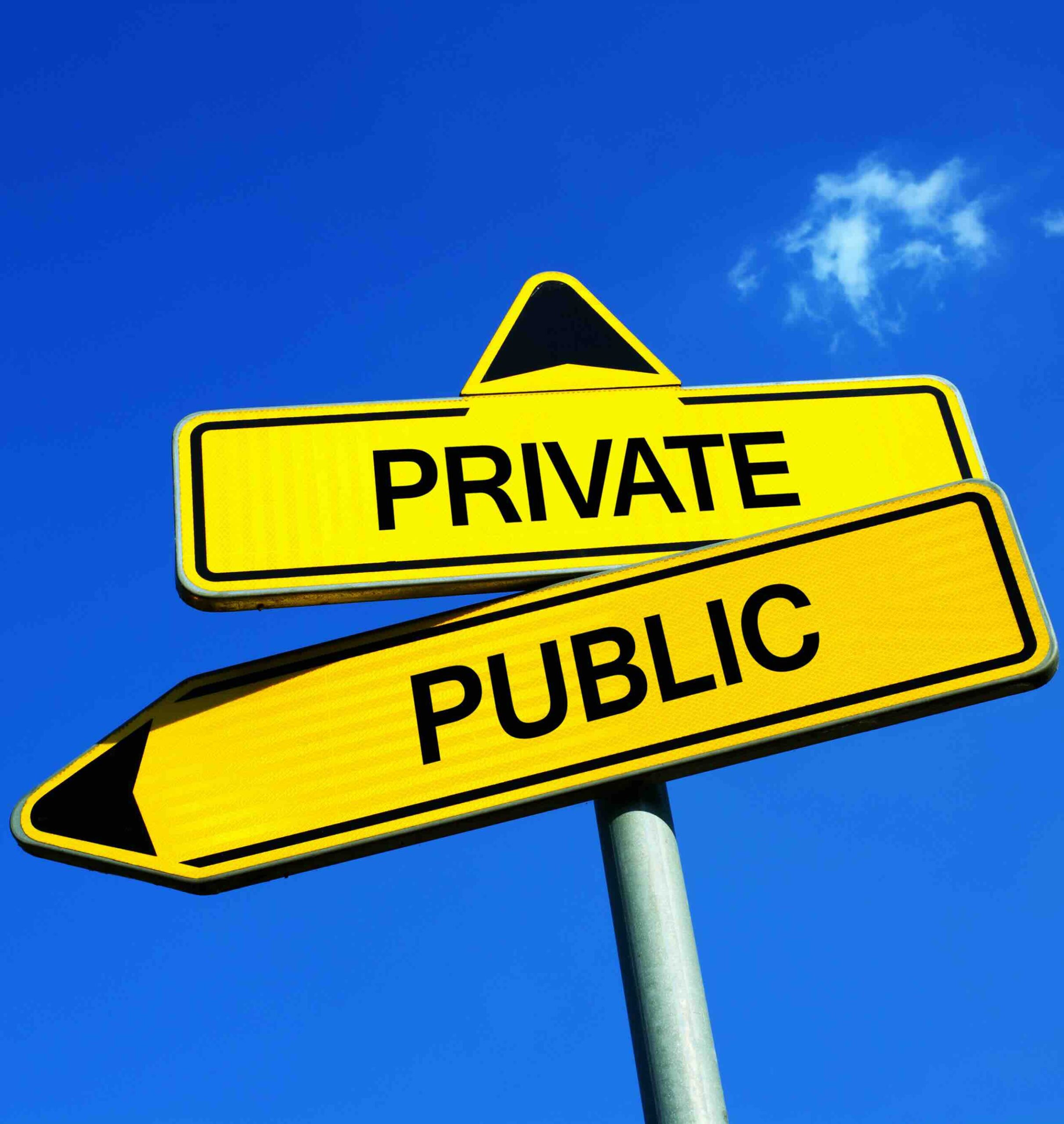The recent reporting of “adverse incidents” in Victoria’s public hospitals is welcome. It suggests a significant change in the culture within public hospitals. Rather than cover up mistakes, health-care professionals are being encouraged to report adverse incidents. Such reporting allows us to monitor the types of mistakes that occasionally occur in our busy, understaffed public hospitals. But are private hospitals any better? Do private hospitals provide safer health care?
In a two-tiered health-care system, one may expect the private system to provide better care. Many people who pay for private health insurance expect there to be fewer mistakes in private hospitals. Yet adverse incidents occur in both private and public hospitals. We just hear more about mistakes in the public system.
While public hospitals report adverse incidents, private hospitals are not forthcoming with such data. As a result, there are no official figures comparing adverse incidents in private and public hospitals. However, there is anecdotal evidence that patients with complex medical and nursing needs may be safer in a public hospital.
During a recent bedside “vigil” at a private hospital, I saw some excellent medical and nursing care. I also observed several medication errors, poor communication between doctors, and substandard nursing care. In the intensive care unit, some health-care professionals relied on unit protocols rather than their own clinical judgement. They treated the numbers on the monitor, not the patient in the bed.
Surveys of Australian doctors suggest they prefer the public system. These studies show that most doctors would prefer to be treated in a large public teaching hospital, particularly when they are seriously ill. They think competent, up-to-date health-care professionals are more likely to be found in public, not private, hospitals.
In a public teaching hospital, there are a range of health-care professionals – residents, nurses, registrars, clinical nurse specialists, medical students, nurse managers and consultants. There is nearly always a health-care professional nearby.
In a private hospital, patients may rarely see their specialist doctors. Specialists often just pop in for a short daily visit, to check the medical charts and monitor progress. Unlike the public system, there are few formal medical ward rounds or meetings between the different specialist doctors.
As a result, nurses often mediate important medical communication. Not surprisingly, communication often breaks down.
Although you can choose your doctors in the private system, you are not able to choose your nurses. Quality of nursing care in a private hospital is a bit like the lottery. You might get lucky. Then again, you might not. You may find a kind, competent nurse or you may not.
Like the public system, it is the luck of the draw. However, unlike the public system, there is less medical support when things go wrong.
Elective, uncomplicated procedures, such as routine orthopaedic surgery, may not require medical back-up. It may seem more important that the private system allows patients to bypass the waiting list and choose their own surgeon.
It is also considered a bonus when private health insurance entitles patients to hotel-like accommodation with access to a TV, bar fridge and an ensuite bathroom. Some may even find fresh seafood and wine on their dinner menu.
However, when critically ill or experiencing life-threatening post-operative complications, immediate access to competent health-care professionals is more important than oysters for dinner. Despite the problems with our public health system, many competent, up-to-date health-care professionals choose to work in public hospitals.
Although they may be overworked and under-rewarded, most health-care professionals who work in the public system are committed to high-quality, universal health care.
First published in The Age 2003
